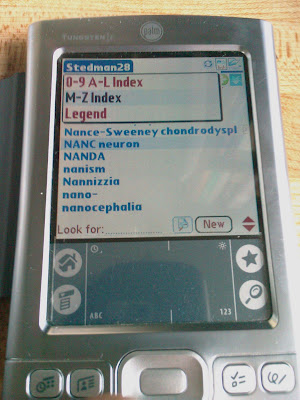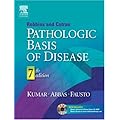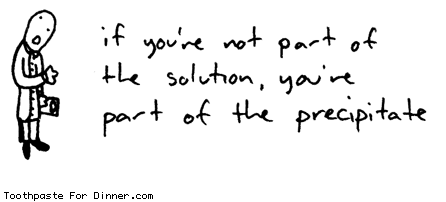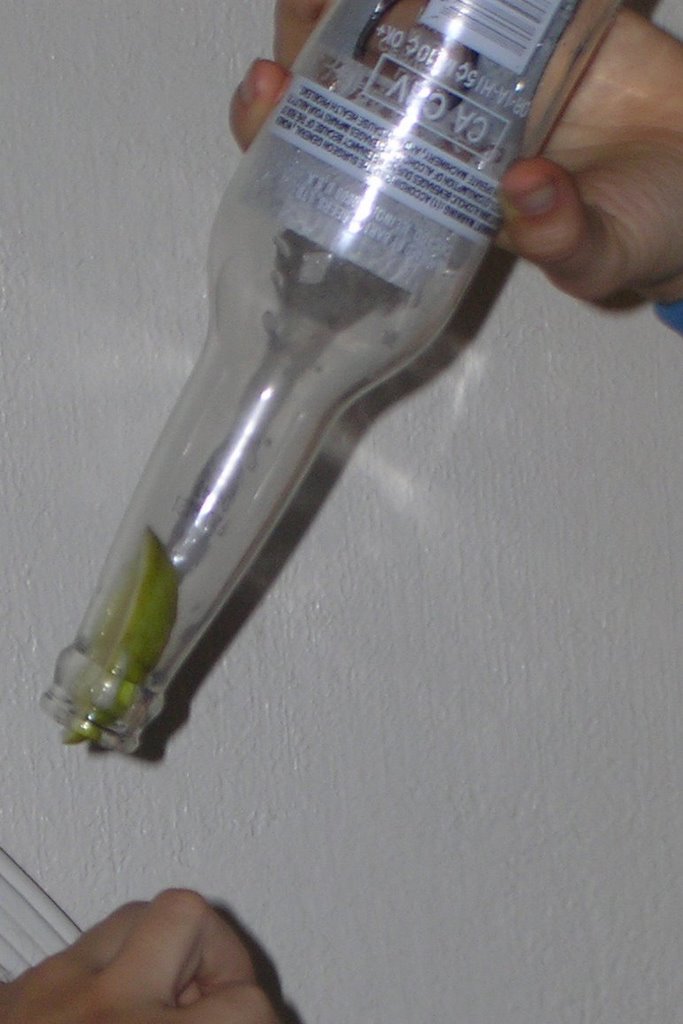My Healer's Art class assignment for the week is to write an antry on loss or disappointment. Here's what I came up with. It has a lot of personal details that I didn't feel like stripping away. This is my life. This is who I am and what I think.This story takes us back about two and a half years in time. I just finished my last round of interviews at medical schools and I was waiting to hear back from them. My classes were fairly easy; I was taking a music and an acting class to finish off my reqs for graduation and a microbio and embryo class to prep for med school. This waiting time was a big moment in my life... I knew that a good chunk of my life would be altered by the decisions of anonymous others.
One idle night, I was on Myspace and I stumbled across the profile of someone who had captured my interest. She had a picture of herself with a quirky smile and turtles in the background at sea life park. I messaged her, telling her that I felt 'compelled to contact her because I thought she had the coolest pic ever' and 'I wanted to get to know her better.' She messaged me back almost instantly; she was online at the same time. We ended up sending messages back and forth several times a day for a week. Our conversation shifted to instant messaging and then to the phone. We met each other for the first time two weeks later.
It was an exciting time for me. We shared some strange similarities. We both used to play the trombone. We both went to Portland, Oregon for a year of undergrad and loved it there. We clicked so well that I was rarely nervous and I felt as though I could talk about anything with her. I often did. Our best times together always involved just talking. We'd have a picnic in the park together and talk. We'd walk through Waikiki in swim trunks at midnight and talk. We'd go camping and stroll on the moonlit beach and talk. This was a new form of communication for me, to share what I was feeling fearlessly with someone. I'd even say I became addicted to it.
This was a time filled with some uncertainty. Would I have to choose between a love and a life of medicine? I didn't know what would happen in a few months, as the letters came in. Rejection. Rejection. On the waitlist. Rejection. Waitlisted. One night, we were at the park, tossing a frisbee around together and my parents called me.
"Your letter from the University of Hawaii came in! Should I open it?"
"Sure," I said somewhat disappointed. "It says something already that it's a letter and not a packet..."
*sounds of a tearing envelope*
"'Dear Clinton, we regret to inform you that the University of Hawaii will not be accepting your application at this time. We have had a record number of extremely talented and qualified applicants such as yourself...' Oh, I'm sorry, son. Are you Ok?"
To be honest, I don't think
I was ever so happy to hear bad news in my life! Getting rejected from medical school was a blessing. It gave me the time to get to know this new and wonderful woman, who was genuine and goofy and adventurous and positive and communicative.
Two months later, we went on a road trip together for close to 8 weeks, up and down the West Coast. We started off in LA, went down to San Diego and Tijuana and then all the way up to Vancouver, B.C. We spent most of our time in Oregon, where we had both gone to undergrad. It was a strange and risky thing to do. After all, we had only known each other for 4 months or so and we were basically homeless, living together for 2 months in a trailer van! It was a great way to do what I loved most... just talking with her.
I tell you all of this to explain my love, so it in turn illustrates the depth of my loss. She is a woman I love with my heart and soul. I would have proposed to her a long time ago if she could have ever uttered three little words that meant so much to me -- "I love you."
She did, you know. It was evident by her joy being around me. However, she wanted to save those words for someone that she wanted to spend the rest of her life with. Someone that wasn't me.
The freedom I felt with her was a failing as well. As easily as I could share my joy with her, I shared my wrath. I was an angry person back then. Angry with myself, mostly. A lot of that sort of mulling self-hatred drove me to improve as I beat myself up mentally. My insecurities, my competitiveness, my self-hatred, all of these things came out because I was totally open with her. She might have liked it that I was so honest and open with her, but she did not like my flare-ups. It also made for a sometimes dysfunctional relationship when I had trouble accepting when I was wrong and she was right. She never rubbed in my face when this was the case. She never gloated. She never did anything passive-aggressive when it was the other way around. It took me a long time to realize that she was incapable of doing any of these sorts of hurtful things. I'm a sensitive guy. She definitely brought this out of me, intentionally or not. I don't really know if being sensitive is something I'd like to change about myself.
The ANGER though... that was her major turn-off. Eventually, it grew worse as our relationship grew longer. She got accepted to the JET program and she was planning on going to Japan. I got accepted to medical school and I was planning on staying in Hawaii. Bitterness grew as I realized more and more that her philosophy of anti-long-distance relationships would apply to us. And there wasn't anything I could do to change that. The helplessness I felt tainted our time together. It came out in bursts of depressive despair and grouchiness that left me wondering... why doesn't she just break up with me already? Why is she drawing this out for as long as possible? Those feelings would pass, swiftly forgotten in my fickle mind... but they would build in her like steam. She didn't like that feeling and often told me that I was too much of a rollercoaster for her.
I knew our relationship was terminal when she would start saying things like "someday, you'll meet someone who will make you very happy" during my bouts of despair. Of course, I was thinking to myself that I already HAD met the person of my dreams... what were the chances of finding that again? Especially if it meant letting her go?
My white-coat ceremony was a bittersweet affair. She was flying off to Japan to teach English the day after I would set foot on the path of medicine. We parted on good terms and the promise to always remain good friends.
For a long time, I was filled with regret. Of all the relationships I've had, this breakup was the hardest by far. I was selfish. I didn't understand how someone couldn't love the oh-so-perfect-Me. I definitely made the relationship strained towards the end because of my unwillingness to accept failure. Looking back, it was always so childish and so ridiculous. I am embarrassed that I acted so terribly on a few occasions with the person who I cared about the most... and even worse, I chased her away because of it.
I visited her in Japan a few times since then. More and more, I've changed to the point where I don't think she'd recognize me. She only knows the old, flashpan angry clinton. After a long discussion with her recently, she sent me a clip from an audio file she was recording to help a student for a English Speech festival. It was particularly pertinent to our talk.
One day, someone came into my life and changed my thinking. He is someone very special. He said "do you think people grow more when they meet someone or when they say goodbye? Saying goodbye can be hard, but we realize the good things about them. At the same time, we start to feel regretful. By remembering those regreful moments, we're able to stop making the same mistakes and start improving ourselves. Saying goodbye gives us a chance to grow.
The big loss I speak of here is not so much the loss of my love, since she still swoops into my life from time to time. It's a loss of a part of me. That is a loss that I can celebrate now, thanks to her kind lesson. :) Thank you, Y!

















